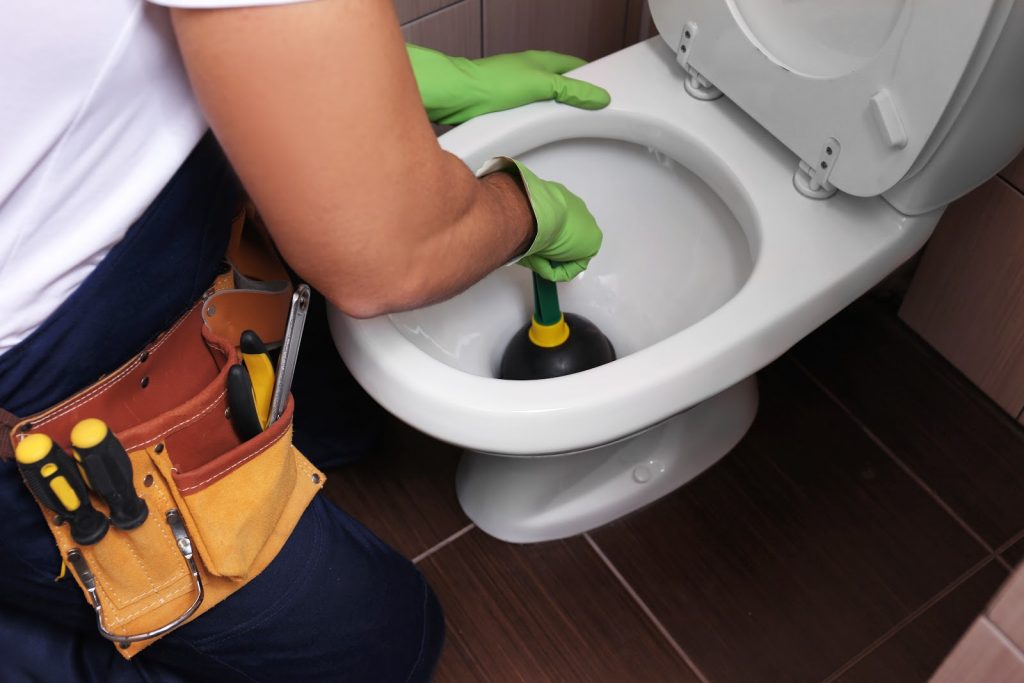Fact or Fiction – It’s Safe to Flush Wipes Down the Toilet?
Over the past few years, bathroom wipe products have been flying off the shelf – and later flushed down the toilet. Many of these products have “Flushable” written on their packaging. So they must be safe to use, right?
Wrong. Despite the marketing claims, evidence shows that bathroom wipes (both baby and adult varieties) are causing havoc on our plumbing and sewer systems.

Difference between toilet paper and bathroom wipes
Toilet paper is specifically designed to disintegrate in water so that it doesn’t cause clogs after being flushed. Single-ply toilets tend to break down quicker than double-ply, but in general, they are all safe for the residential and sewer pipes.
On the other hand, most “flushable” wipes do not break down like toilet paper does. The fact that these wipes are pre-moistened should give you an idea that they are stronger in water than toilet paper. However, many people find that these products clean better, which has helped them become more and more popular.
The make the issue more confusing, there isn’t a clear test or standard that determines if a product is safe to flush.
How bathroom wipes affect plumbing systems
First off, if you use bathroom wipes in your home, you are increasing the chance of a clog – from your toilet all the way to the sewer pipe. Homeowners that have a septic system should be especially careful because wipes can clump up in your septic tank and require it to be pumped more frequently.
Where the most damage seems to be occurring is in municipal sewer systems. All over the world, cities are dealing with giant clogs in sewer systems. They’ve even earned the nickname of “fatbergs.” You can search online for videos of fatbergs being removed from sewer systems, but we warn you not to eat anything beforehand (they’re pretty gross).
While there are more items that make up these blockages, bathroom and baby wipes are a major contributor. A group called International Water Services Flushability Group (IWSFG) estimate that U.S. municipalities spend between $500 million and $1 billion dealing with clogged sewer lines. That’s taxpayer money really going down the toilet, if you ask us.
What to do about wipes?
The good news is that more studies are being done to simulate and test how products break down in water. Hopefully, this will help set clear standards and allow consumers to be better informed. But in the meantime, we recommend that our clients avoid flushing adult or baby wipes (or anything but normal toilet paper, for that matter) whenever possible.
Plumbers in Northwest Indiana and South Cook County
At Reichelt Plumbing, we’re always looking out for the well-being of our customers and their plumbing systems. If you need help with any plumbing issue, from a leaky faucet to a sewer line blockage, don’t hesitate to call us at (219) 322-4906.




